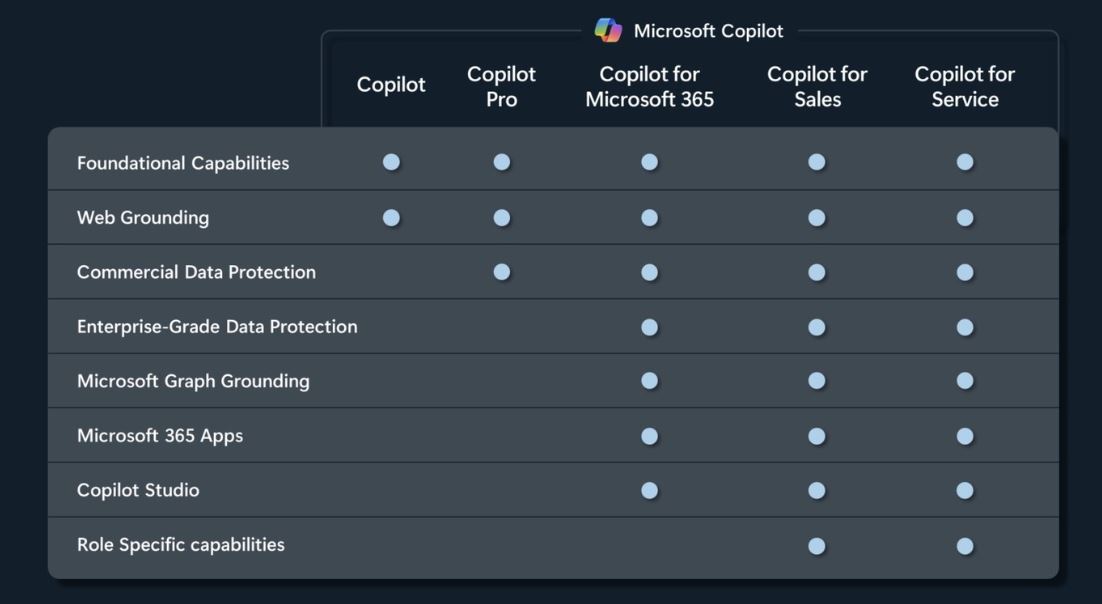Bing Chat renamed to Copilot. Microsoft is doubling down on generative artificial intelligence, backed by a multimillion-dollar investment in OpenAI that continues to yield fruitful results. Alongside introducing significant enhancements to Microsoft 365 Copilot, the company is making pivotal changes to Bing’s branding and future options. This transformation involves rebranding its generative AI chatbots, marking a decisive shift toward “copilots.” Bing Chat rebranded as Copilot.
Follow us on Twitter and Facebook
At the Microsoft Ignite 2023 event, the company announced that Bing Chat is now simply called Copilot. Furthermore, the enterprise edition, formerly Bing Chat Enterprise, will be known as Copilot Pro. This version places particular emphasis on safeguarding enterprise data to avoid occurrences akin to those seen with ChatGPT.

These name changes also affect the aforementioned Microsoft 365 Copilot, which will be termed Copilot for Microsoft 365. Additionally, to complement these products, Microsoft is launching Copilot Studio and Copilot for Service for enterprise users.
Copilot Studio, described by Microsoft as a “low-code” solution—requiring minimal programming—enables the resolution of three major issues. Firstly, it connects Copilot to other data using plugins and GPTs such as SAP or Workday. Secondly, it “orchestrates” custom workflows. And thirdly, it manages these processes through a control panel.
Meanwhile, Copilot for Microsoft 365, previously integrated as ChatGPT within the Office suite, gains ground. For instance, with the new Copilot profile, users can personalize the behavior of this chatbot more extensively.

Another innovation with Copilot is its integration with Teams, enabling it to answer questions about meetings or provide information during them without the need for recording or transcription. These interactions remain more private as they are not logged.
The enhancements extend across other applications in the office suite. In Outlook, this AI software will, in the spring of 2024, create summaries for meeting preparation and manage invitations for attendees. It will also extract crucial information from conversation threads to generate a summary with the most important data.
In Word, users can ask Copilot about specific changes made in a document or who made those changes. In Excel, users gain access to complex tasks, especially when using Python with Excel, offering particularly robust data analysis capabilities.
These novelties are complemented by other announcements at the Ignite event. Teams now offers a new voice isolation option to enhance conversation quality, along with background changes (in Teams Premium) to “revamp” your surroundings during video calls. The Clipchamp tool, successor to the legendary MovieMaker, also becomes more powerful in its enterprise version.
Thus, we are witnessing an avalanche of announcements aimed at the same goal: integrating all generative AI capabilities into Microsoft’s products and services, targeting both end-users and, notably, the corporate landscape.
Read Also:
Microsoft To Invest 3.16 Billion Dollars In Australia To Boost Cloud Computing Capacity
Career Essentials in Generative AI: Microsoft and LinkedIn Launch a Free Course
Microsoft Presents “Copilot” An AI Assistant Integrated into Windows 11





